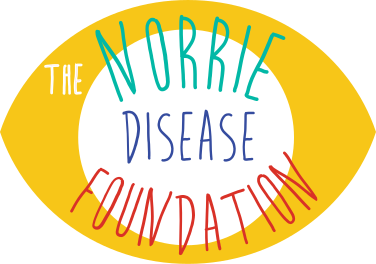by Anthony Pitch Ryers who has Norrie disease.
Although I was diagnosed with dyslexia and am hence less good in Braille than I would like to be, I never for a minute underestimated the importance of Louis Braille’s work.
Often, it is said within the blind community that the era of braille is over. Speech technology would give easy access to digital text without having to print heavy and voluminous braille books or carrying around braille displays.
Admittedly, without this technology, I would not by far stand where I stand today and the possibilities it gives to access just about any digital information quickly and easily are almost endless. But even as a diagnosed blind person with dyslexia, I can say that nothing beats the richness of being able to exactly read what is written. This is something that is only possible thanks to Braille. Beyond providing a literary experience, reading Braille regularly is also the only way to fully master the spelling of a language, a skill that is not trained when using digital speech, but which is no less than essential in today’s labour and study market.
Most of all though, Braille is the most important gateway to the world’s communication and literature for people who also have a hearing impairment, which is relevant for Norrie disease in particular.
Over all, I hence think that Braille skills are still a must have in today’s society and I would advise any blind person to train and maintain them, myself included.
Family Stories are the personal views and experiences of the authors and should not be read as action or advice from the Norrie Disease Foundation.
